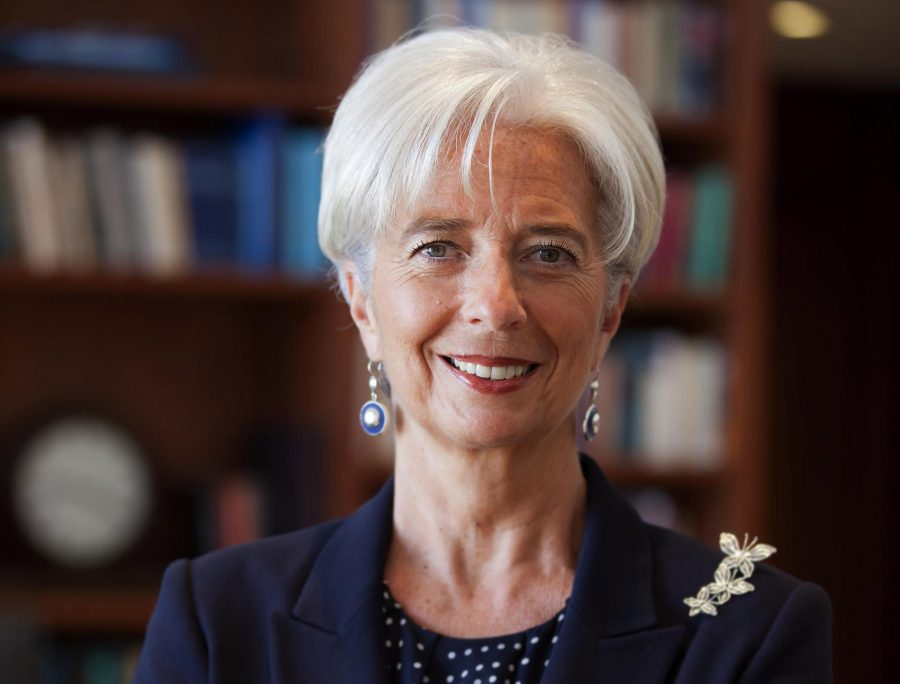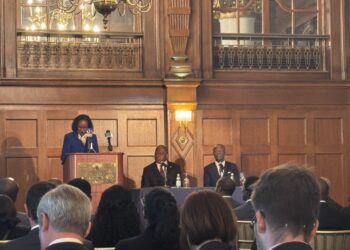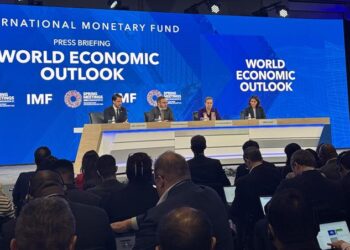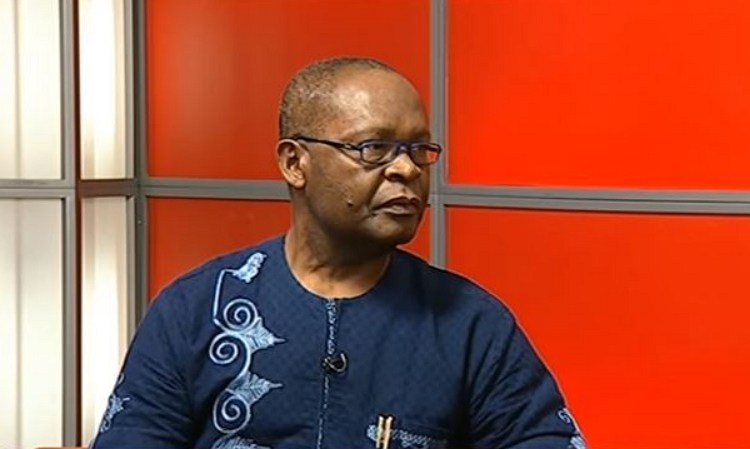Fuel subsidy in Nigeria has been a subject of discussion among the stakeholders of the country’s economy. In what appears to be a second attempt to save the country’s economy which presently bites, the International Monetary Fund (IMF) has reiterated the need for Nigeria and other countries that still retain the policy of subsiding fuel consumption to put an end to the policy.
In a blog post titled, “Fuel for Thought: Ditch the Subsidies”, the IMF made known that the fuel subsidy which some countries pay as an attempt to reduce the price of fuel for consumers, typically benefits the rich more than the poor.
According to the IMF, halting the fuel subsidy could gain up to 4% of global Gross Domestic Product (GDP).
(READ ALSO: How Nigeria’s economy could be affected by global events – Analysts)
The blog post read, “As the Fiscal Monitor in April 2019 shows, government policies on taxes and spending have to adapt and should shift to growth-enhancing investment. This means, for example, more money to build classrooms, hospitals and roads, while cutting wasteful spending, such as inefficient energy subsidies.
“Removing fossil fuel subsidies, which typically benefit the rich more than the poor, could gain up to 4% of global GDP in additional resources over the medium term to invest in people, growth, and help protect the most vulnerable.
“We define the subsidies — which amount to 6.5% of GDP globally — broadly. The IMF’s calculations include both the government funding to artificially reduce the price of energy below cost (0.4% of global GDP) and the under taxation of fuel consumption (6.1% of global GDP), because energy consumption contributes to global warming, local pollution, increased traffic congestion and more accidents.”
(READ MORE: IMF warns about China’s loan terms, as Nigeria’s ‘romance’ with Asian country deepens)
Note that the international organisation didn’t mention any country but Nairametrics understands that the organisation is very concerned about the fuel subsidy policy that Nigeria operates, as it had in April, 2019, sought the removal of fuel subsidy by the Nigerian government.


























